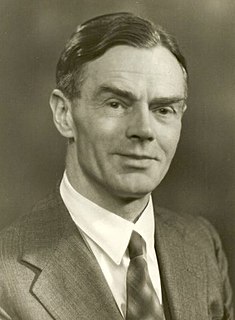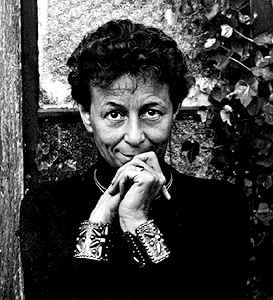A Quote by Masanobu Fukuoka
Many people think that when we practice agriculture, nature is helping us in our efforts to grow food. This is an exclusively human-centered viewpoint... we should instead, realize that we are receiving that which nature decides to give us. A farmer does not grow something in the sense that he or she creates it. That human is only a small part of the whole process by which nature expresses its being. The farmer has very little influence over that process... other than being there and doing his or her small part.
Quote Topics
Agriculture
Being
Being There
Centered
Creates
Does
Doing
Efforts
Expresses
Farmer
Food
Give
Grow
He Or She
Helping
Her
His
Human
Influence
Instead
Little
Many
Nature
Only
Other
Our
Over
Part
People
Practice
Process
Realize
Receiving
Sense
She
Should
Should I
Small
Small Part
Something
Than
Think
Us
Very
Viewpoint
Which
Whole
Related Quotes
It is part of our human nature to want to be liked. It is part of our human nature to worry about what others think of us. It is an attribute of greatness and of American exceptionalism to not surrender to our nature, but to be guided by an inner calling to persevere and to prevail, no matter the personal cost.
Broader and deeper we must write our annals, from an ethical reformation, from an influx of the ever new, ever sanative conscience, if we would trulier express our central and wide-related nature, instead of this old chronology of selfishness and pride to which we have too long lent our eyes. Already that day exists for us, shines in on us at unawares, but the path of science and of letters is not the way into nature. The idiot, the Indian, the child, and unschooled farmer's boy, stand nearer to the light by which nature is to be read, than the dissector or the antiquary.
We mustn't be afraid of inventing anything...Everething there is in us exists in nature. After all, we're part of nature. If it resembles nature, that's fine. If it doesn't, what of it? When man wanted to invent something as useful as the human foot, he invented the wheel, which he used to transport himself and his burdens. The fact that the wheel doesn't have the slightest resemblance to the human foot is hardly a criticism of it.
By contrast with history, evolution is an unconscious process. Another, and perhaps a better way of putting it would be to say that evolution is a natural process, history a human one.... Insofar as we treat man as a part of nature--for instance in a biological survey of evolution--we are precisely not treating him as a historical being. As a historically developing being, he is set over against nature, both as a knower and as a doer.
A human being is a part of the whole called by us universe, a part limited in time and space. He experiences himself, his thoughts and feeling as something separated from the rest, a kind of optical delusion of his consciousness. This delusion is a kind of prison for us, restricting us to our personal desires and to affection for a few persons nearest to us. Our task must be to free ourselves from this prison by widening our circle of compassion to embrace all living creatures and the whole of nature in its beauty.
Chinese landscape paintings often include tiny figures - as if to emphasize the grandeur of nature of which humankind is one small part. Think of the world in these terms, as larger in scale than the human. This is a healthy corrective to the commonplace view that people own the land, which exists to serve their purposes. Think big and live small.
We have to go from what is essentially an industrial model of education, a manufacturing model, which is based on linearity and conformity and batching people. We have to move to a model that is based more on principles of agriculture. We have to recognize that human flourishing is not a mechanical process; it's an organic process. And you cannot predict the outcome of human development. All you can do, like a farmer, is create the conditions under which they will begin to flourish.
Nothing is more human than for man to desire naturally things impossible to his nature. It is, indeed, the property of a nature which is not closed up in matter like the nature of physical things, but which is intellectual or infinitized by the spirit. It is the property of a metaphysical nature. Such desires reach for the infinite, because the intellect thirsts for being and being is infinite.
People today have forgotten they're really just a part of nature. Yet, they destroy the nature on which our lives depend. They always think they can make something better... They don't know it, but they're losing nature. They don't see that they're going to perish. The most important things for human beings are clean air and clean water.
Ruskin's much-derided moral theory of art was part of an attempt to show that this human activity, which we value so highly, engaged the whole of human personality. His insistence on the sanctity of nature was part of an attempt to develop Goethe's intuition that form cannot be put together in the mind by an additive process, but is to be deduced from the laws of growth in living organisms, and their resistance to the elements.


































